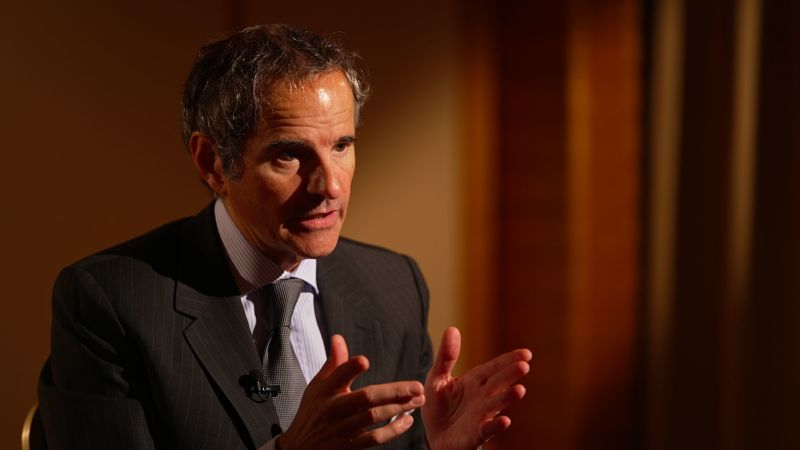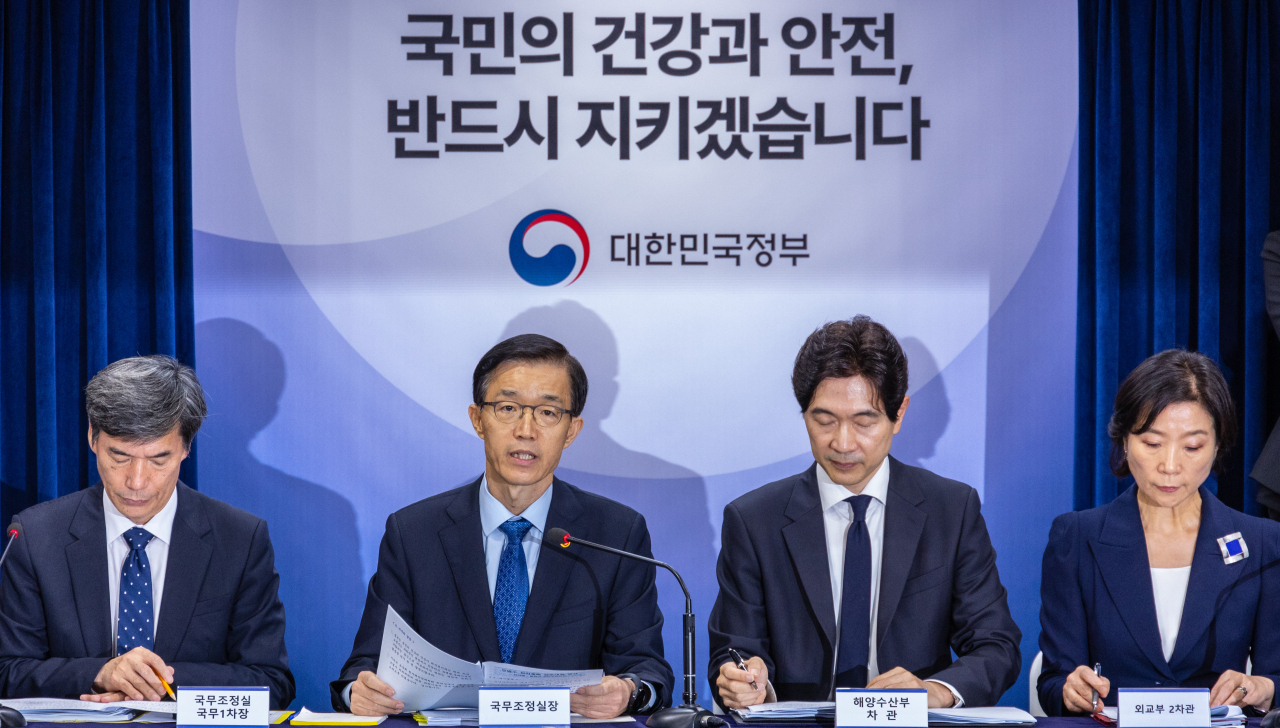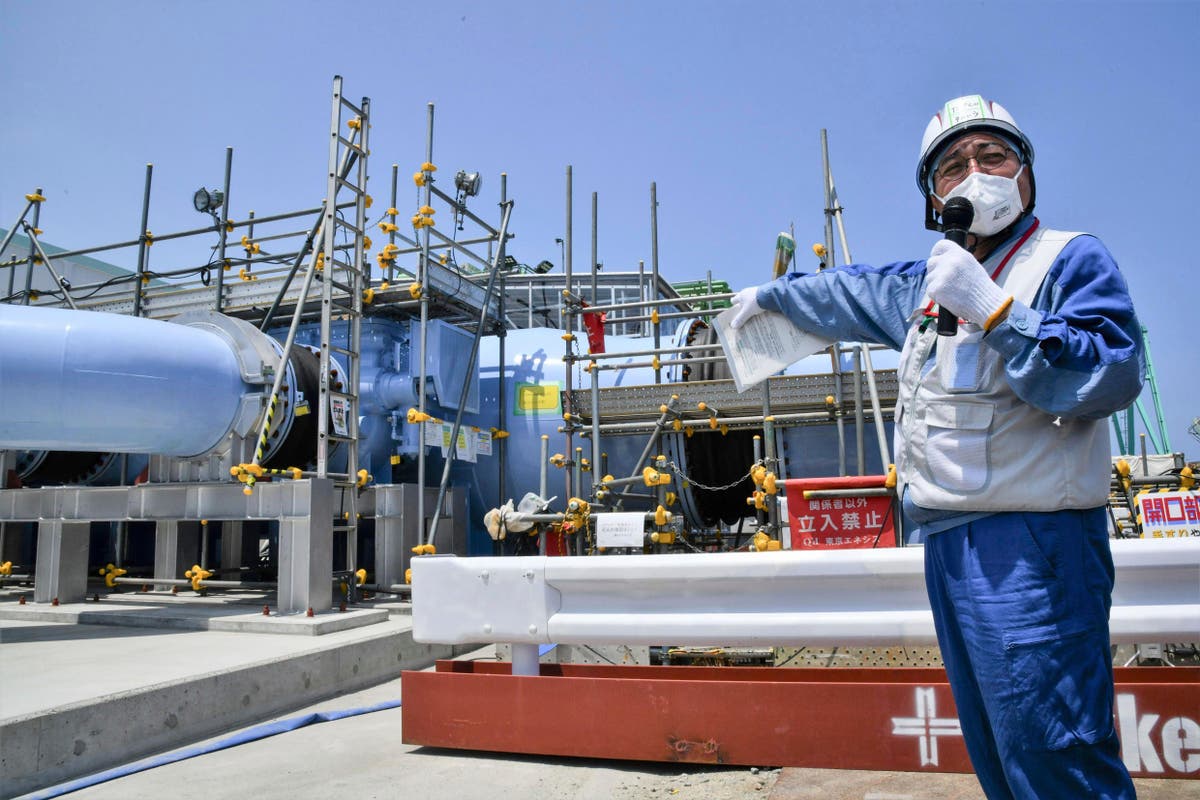The Facts
On Thursday, EU officials agreed to remove restrictions on Japanese food imports that were imposed after the 2011 Fukushima nuclear accident. The EU hopes Japan will ease its controls on Europe's farm produce in return.
The announcement came just weeks before Japan plans to begin pumping wastewater from the nuclear facility into the Pacific Ocean. Should Japan go ahead with its plans to discharge the wastewater, China and other countries have threatened to further restrict Japanese seafood imports.
The Spin
Pro-establishment narrative
The EU has decided to lift its ban on Japanese food imports, imposed in the wake of the Fukushima nuclear disaster in 2011. The decision comes after the IAEA approved Japan's water release plans, saying that it would have a negligible radiological impact on people and the environment. Safety is at the essence of this decision. A condition for all restrictions to be lifted is that Japan will responsibly monitor for radioactivity. The EU has made a careful and reasonable calculation here.
Establishment-critical narrative
The Japanese government insists that the plan to release treated radioactive wastewater from the Fukushima nuclear plant into the Pacific Ocean is safe. However, scientists have not reached a consensus on this issue. If Japan goes ahead with its plans to discharge the wastewater, China, Hong Kong, and some other countries have indicated that they will strengthen their restrictions on Japanese food products. This would be a significant blow to the Japanese agriculture, forestry, and fisheries industries. The EU is out of lockstep with these nations.








